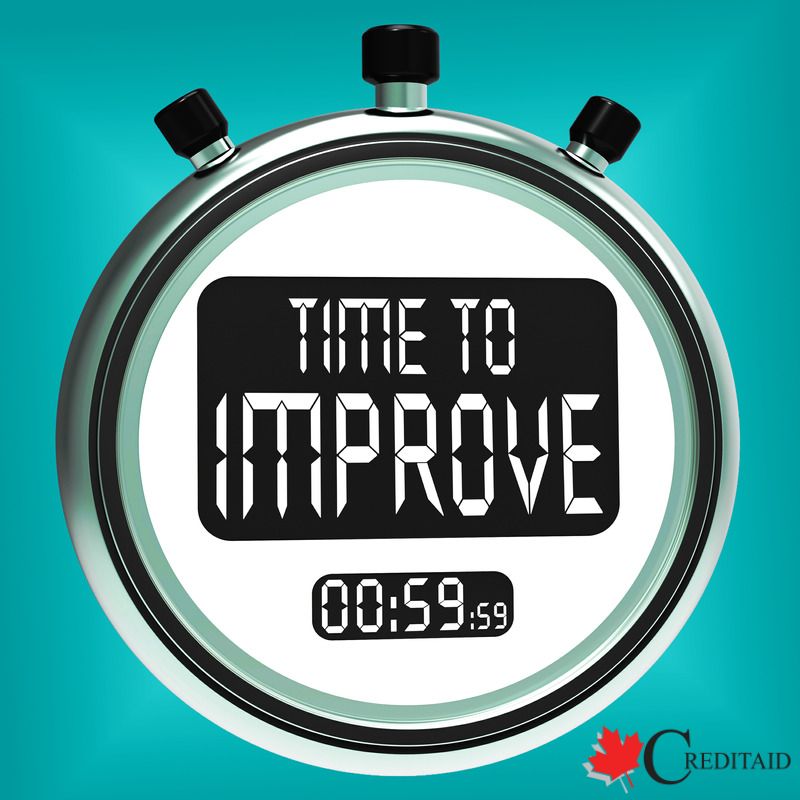If you’re trying to improve your credit, you need to pay off your debts. High debts can hurt your credit score tremendously, especially if you have a lot of revolving debt (credit cards).
To improve your credit score, focus first on credit card debt and then installment debt, which includes your mortgage, car payments, student loans, and personal loans. Before you jump in to pay off your credit card debt, though, you’ll need a strategy.
Why you Should Pay off Credit Cards First
Credit cards have a larger effect on your credit score than installment loans because of the credit utilization rate. This is a measure of the amount of credit you have outstanding compared to the credit line. Any credit lines extended over 30% hurt your credit score quite a bit.
Installment loans hurt your credit if you don’t pay them on time, but they don’t have a credit utilization rate. If you make your payments on time, paying them off won’t have as large of an effect on your credit score.
Choose How you’ll Pay your Credit Cards Off
If you have more than one credit card, you must choose how you’ll pay them off. Do you want to pay off the highest interest credit cards first, or do you need ‘quick wins’ and want to pay off the cards with the lowest balances? Do you transfer the high interest rate balances onto the low interest rate cards and have just one card to pay off?
All of these methods work to get your credit card balances paid off. The most important thing is to create a plan and stick to it!
High Interest Credit Cards First
If paying high interest rates keeps you up at night, arrange your credit cards from highest to lowest APR and focus on the card with the highest APR first. Make the minimum payment to all cards, but any extra money you have pay toward the card with the highest interest rate and work your way down the list.
Low Balance Credit Cards First
If you need the motivation to keep going, arrange your credit card balances from lowest to highest. Make the minimum payment to each card, but any extra money you have put toward the card with the lowest balance, and work your way up as you knock down your balances.
Pay your Installment Debt
Installment debt doesn’t hurt your credit score as much, but it’s still debt. Installment loans can hurt your credit score if you miss a payment, and it can make it harder to get new credit if you have too much debt outstanding.
Using the same strategy that you used when you paid off your credit cards, arrange your installment loans by interest rate or balance and pay them off one by one until you are out of debt.
Final Thoughts
It can feel overwhelming to figure out which debts to pay off first when you’re trying to improve your credit score. Take it one step at a time to figure out which debt will help your credit score increase the fastest.
If you need help determining which credit card or loan to pay off first or how to pay them off, contact us today. Our credit counselors offer a free consultation to assess your situation and help you create a plan to get out of debt.


